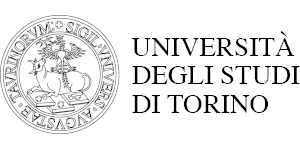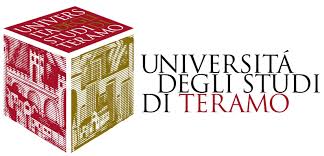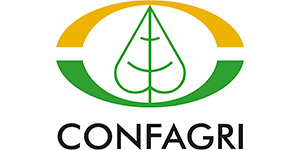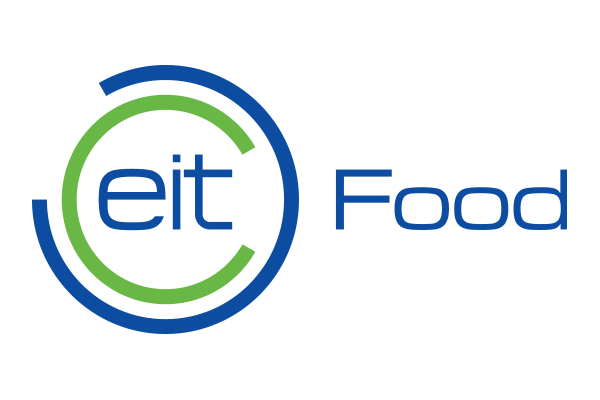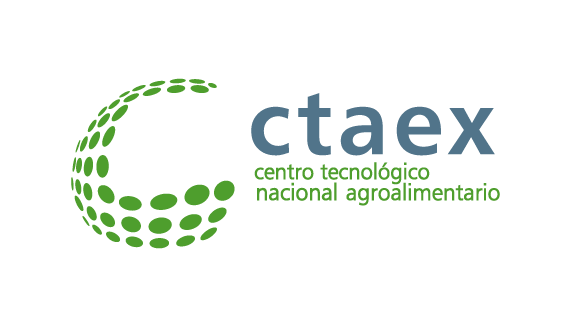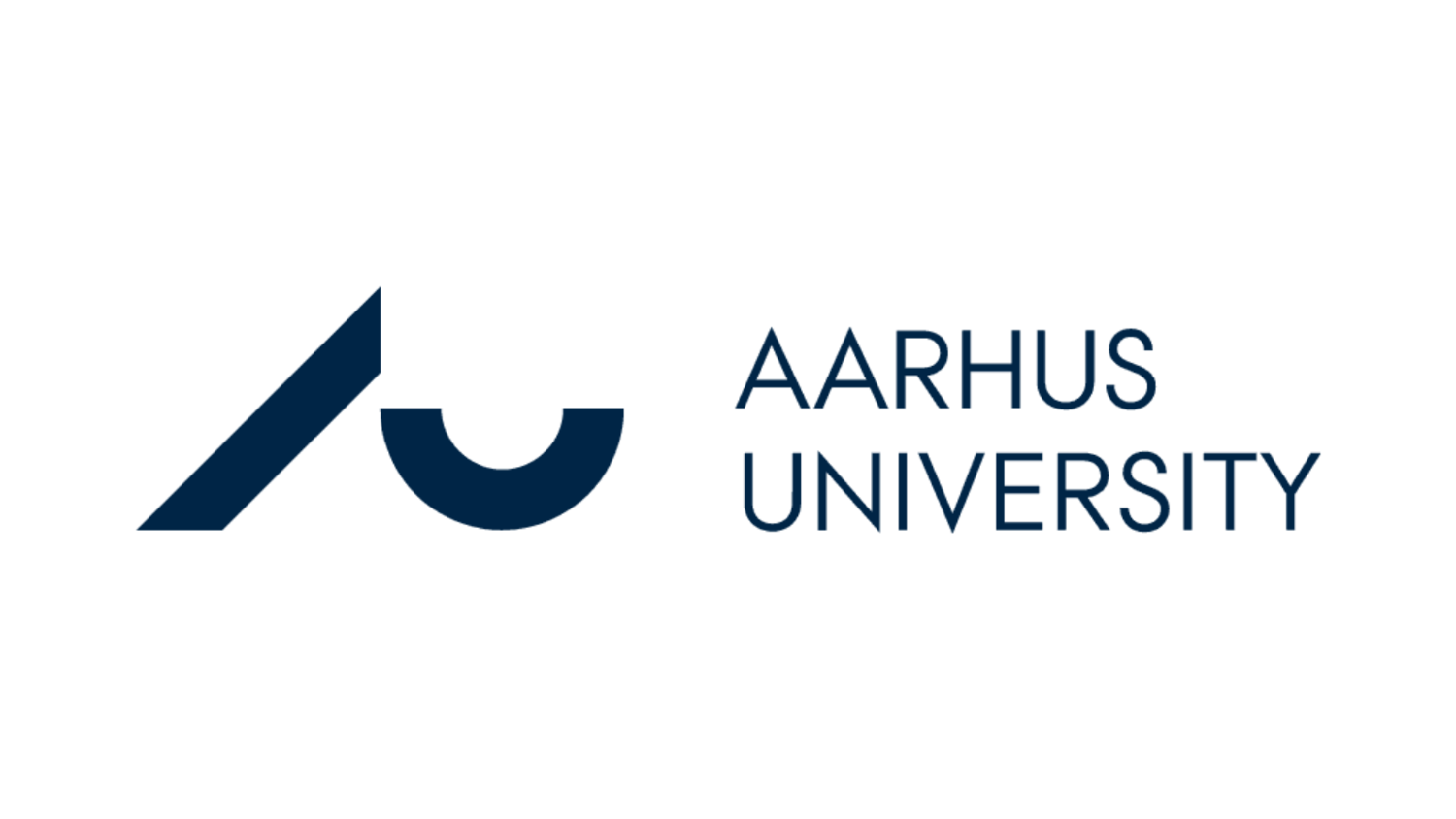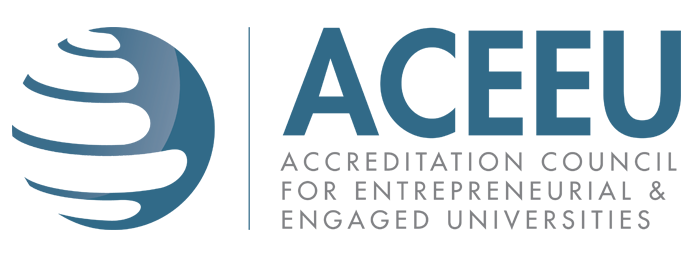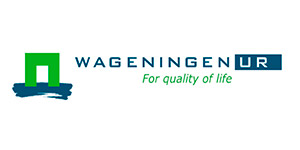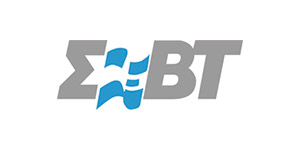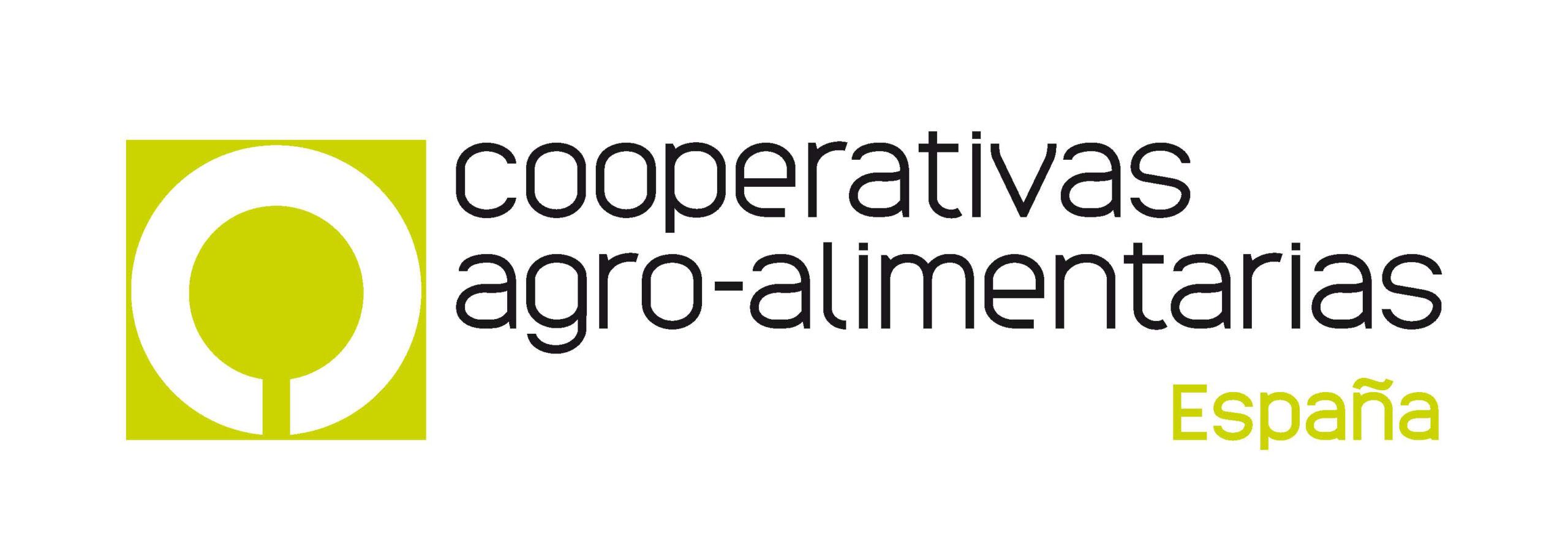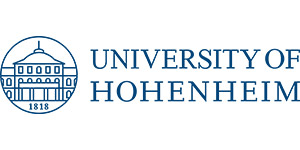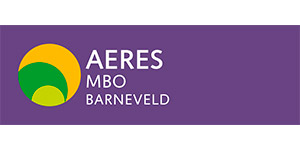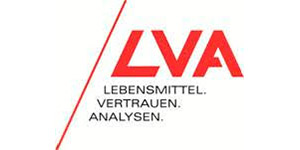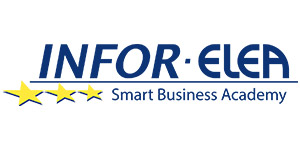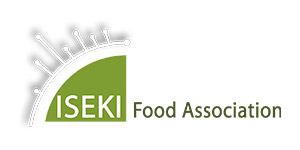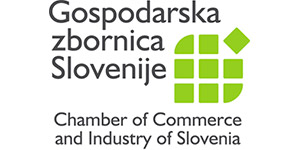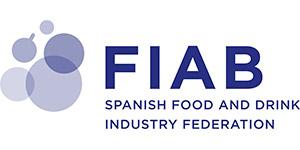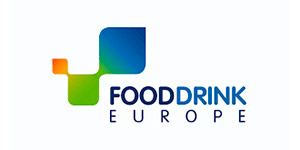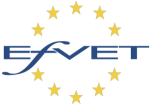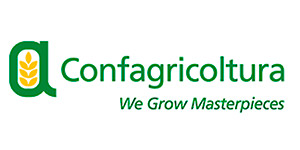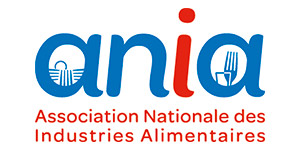Reskilling and upskilling in the agrifood and veterinary sectors
Project Overview
Project WORK PACKAGES
training Courses
Pact for Skills

Alliances for Sectoral Cooperation on Skills – implementing the ‘Blueprint’
Inclusive REskilling and upSkilling Toward competitive Agrifood and veterinary sectoR: European agenda StraTegy.
In the Bruges Communiqué, the European Commission has shed light on the importance of the VET in education. The Alliances for Sectoral Cooperation on Skills Lot 2 calls tackle that issue and “aim to boost the provision of new skills and address skills mismatches by designing and creating new curricula for higher education (HE) and vocational education and training (VET), supporting the development of a sense of initiative and entrepreneurial mind-sets in the EU”. The proposal will also follow those guidelines and focus on digital skills, up/re-skilling the workforce, making the sector more attractive and allow an entrepreneurship mindset as well as an easier reconversion of other sector workforce into the agrifood and veterinary sector (EU Skills Agenda Action 7: Increasing STEM graduates and fostering entrepreneurial and transversal skills). Indeed, while answering sectoral policies through the creation of a skill strategy, the I-RESTART project also contributes to achieving European policies in the field of education and training. The consortium involves European VET providers networks, national VET providers, leading higher education institutions (HEI) in the fields of 1) Food industry and processing, 2) Animal production, 3) Digital technologies for food industry, e-commerce, export, online marketing, logistics, 4) Veterinary activities, 5) Advanced Entrepreneurial skills. They will all work, in partnership with the producers association and food industry representatives, towards a larger uptake of VET in the sector, the promotion of work-based learning, identifying and strengthening key competences in VET curricula, answering the Riga Conclusions, the Council conclusions and the former Bruges communiqué. In the European policy discourse the increasing need for upskilling and reskilling the labour force on the one hand, and the emphasis on student-centred learning and need for flexible learning paths on the other, have led to the emergence of an increased attention to new credentials and short study courses, often referred to as micro-credentials. Micro-credentials have been identified as a significant element in the European Union’s European Education Area as indicated by the recently published EU Skills Agenda where the Action 10, “A European approach to micro-credentials”, is among the EU tools and initiatives supporting lifelong learning (European Commission, 2020). In view of the rapid changes in our societies and economies, micro-credentials have been discussed when preparing the forthcoming 2020 Communiqué of the ministers of education in the European Higher Education Area (EHEA) as a means to respond to learners’ needs for upskilling and reskilling (Bologna Process, 2020).
I-RESTART will build on the emerging framework for micro-credentials and will include it as an innovative way to allow rapid upskilling and reskilling as well as increase the uptake of VET in the agrifood and veterinary sector in general. I-RESTART will also participate in Action 2: Strengthening skills intelligence and Action 3: EU support for strategic national upskilling action, through the creation of an EU roadmap.
Have a look to our brochure
Curricula
The Curricula/courses database complements the information on VET schools, VET providers and other educational providers in general.
Best Practice
The best practices database provides information of successes in the project areas: sustainability, digitalisation, bio-economy, soft-skills, new technologies and training in agriculture, forestry and related sectors (agri-food and forest-based industries).
Funding Opportunities
Partners studied and listed the funding opportunities available to support the skills strategies and the future use of FIELDS’ outputs at regional/national and EU levels.
Projects
The projects database provides information on the state of the art of the European projects with reference of agriculture, forest and related sectors (Bio-economy, Digitalisation, Soft skills and Sustainability).
Regulatory Frameworks
The regulatory framework is studied to make sure that the strategy can be implemented locally, to ensure that the results of the project will continue to be used after its completion
Go to database
Deliverable 2.3 – Report on the Pact for Skills initiatives
The report discusses various EU initiatives and frameworks related to skills development. It begins with an overview of the...
Advanced entrepreneurial skills
Mastering Advanced Entrepreneurial Skills for Business SuccessAdvanced entrepreneurial skills refer to the high-level abilities...
Veterinary activities
Comprehensive Veterinary Care: Ensuring Animal and Public HealthVeterinary activities encompass the medical care and treatment...
Digital technologies
Revolutionizing the Food Sector with Digital TechnologiesDigital technologies for the food industry, e-commerce, export, online...
Animal production
Essential Aspects of Animal Production and Its Global ImpactAnimal production refers to the branch of agriculture that involves...






